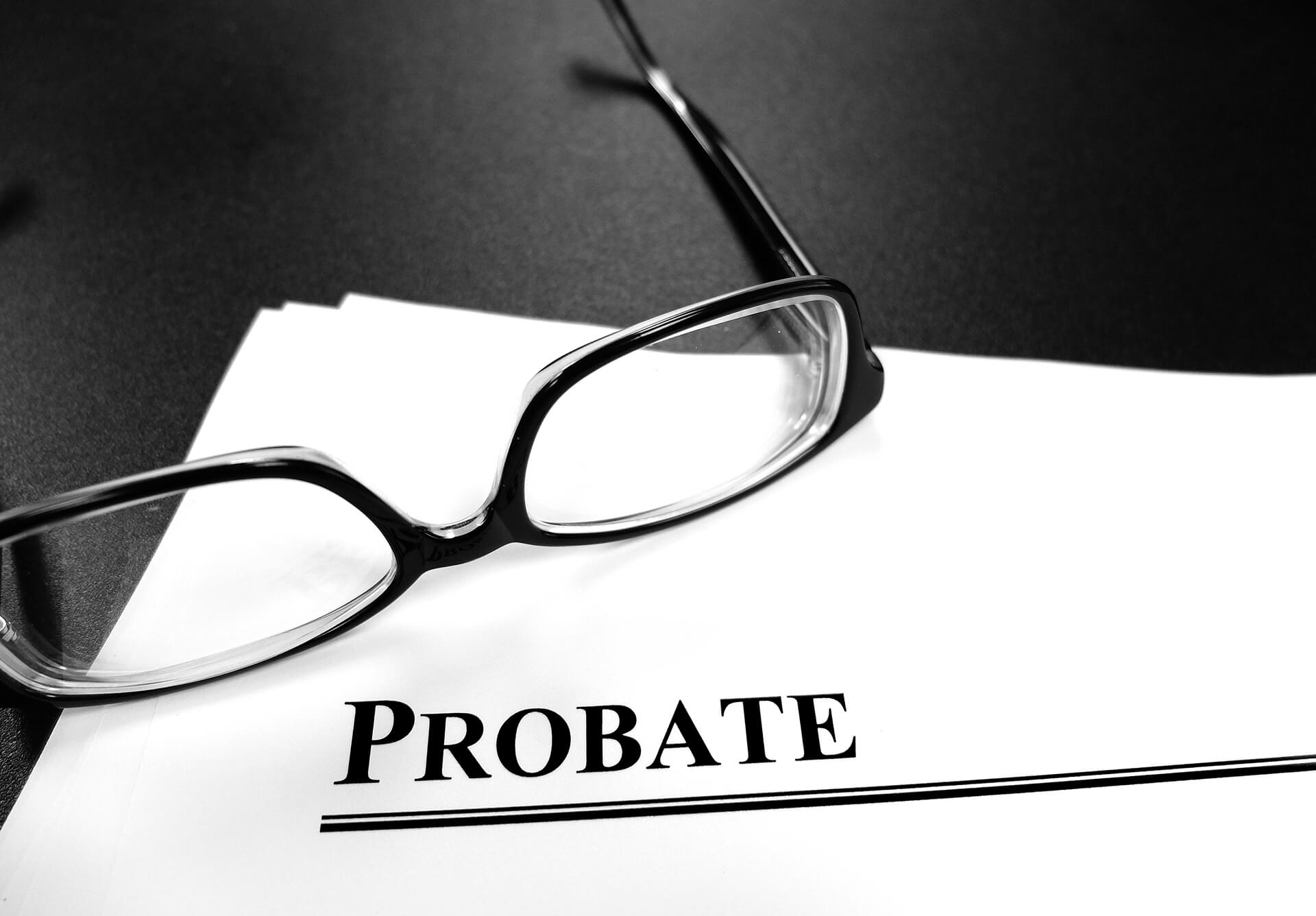Selling a property after someone passes away involves more than just putting a house on the market. As an executor or administrator, you must follow several legal and financial steps before proceeding. This guide will walk you through the entire process to help you stay compliant and confident during a difficult time.
Register the Death and Obtain the Certificate
Begin by registering the death within five days at the local register office. You will need several copies of the death certificate to provide to banks, insurance companies, and legal professionals during the probate process.
Find the Will and Identify the Executors
Next, locate the will, which names the executors responsible for handling the estate. If no will exists, the closest next of kin can apply to become the administrator. Executors or administrators must take charge of all tasks related to the estate, including managing and selling the property.
Apply for Probate or Letters of Administration
To sell the house, you need legal authority. If there is a will, apply for a Grant of Probate. If there is no will, request Letters of Administration. These documents give you the power to access bank accounts, settle debts, and transfer property ownership. You can apply online or hire a solicitor to guide you through the process.
For more details, visit:
Get a Property Valuation
Arrange a professional property valuation as soon as possible. The valuation determines the market value for Inheritance Tax purposes and helps you set a realistic asking price. HMRC may request this figure if the estate exceeds the inheritance tax threshold.
Settle Debts and Taxes
Before distributing any proceeds, make sure to clear all outstanding debts. These might include:
- Mortgage balances
- Utility bills
- Funeral costs
- Credit cards and personal loans
Also, check whether the estate owes Inheritance Tax or Capital Gains Tax. Selling the home for more than its probate value could trigger CGT. Get professional advice if you’re unsure.
For financial guidance, you can refer to:
Prepare the Property for Sale
Make the house presentable to attract buyers. Focus on small updates that add value without major costs. You should:
- Clear out personal belongings
- Deep clean the interior
- Fix any visible damage or issues
- Maintain the garden or exterior areas
These simple improvements can speed up the sale and increase the final offer.
Hire Trusted Professionals
Work with a solicitor who specialises in probate sales. Their expertise ensures that all legal documents are in order. At the same time, choose a local estate agent familiar with selling inherited properties. These professionals will help you manage viewings, offers, and negotiations.
List and Sell the Property
Once you receive probate and the home is ready, put it on the market. Set a realistic price based on the valuation and current local demand. Your estate agent will manage the listing, market the home, and handle viewings. When a buyer submits an acceptable offer, move quickly to exchange contracts and complete the sale.
Distribute the Proceeds
After selling the house and paying all outstanding debts and taxes, distribute the remaining funds. Executors must follow the will’s instructions. If there is no will, follow the rules of intestacy to divide the estate among eligible relatives.
Final Steps and Considerations
Selling a deceased person’s home involves emotional and administrative challenges. However, with the right knowledge and support, you can complete the process legally and respectfully. Start with the basics—register the death, apply for probate, and seek expert advice. These steps will ensure you manage the estate efficiently and in line with the law.
About National House Buyers
Need to sell your house fast? National House Buyers buys any property, in any condition or location, for cash with a guaranteed sale.
We offer a simple, direct sale: no estate agents, no chains, no hidden fees, and no delays. Our priority is a hassle-free experience for UK sellers.
Learn how it works or call us free on 0800 032 1217 today.



